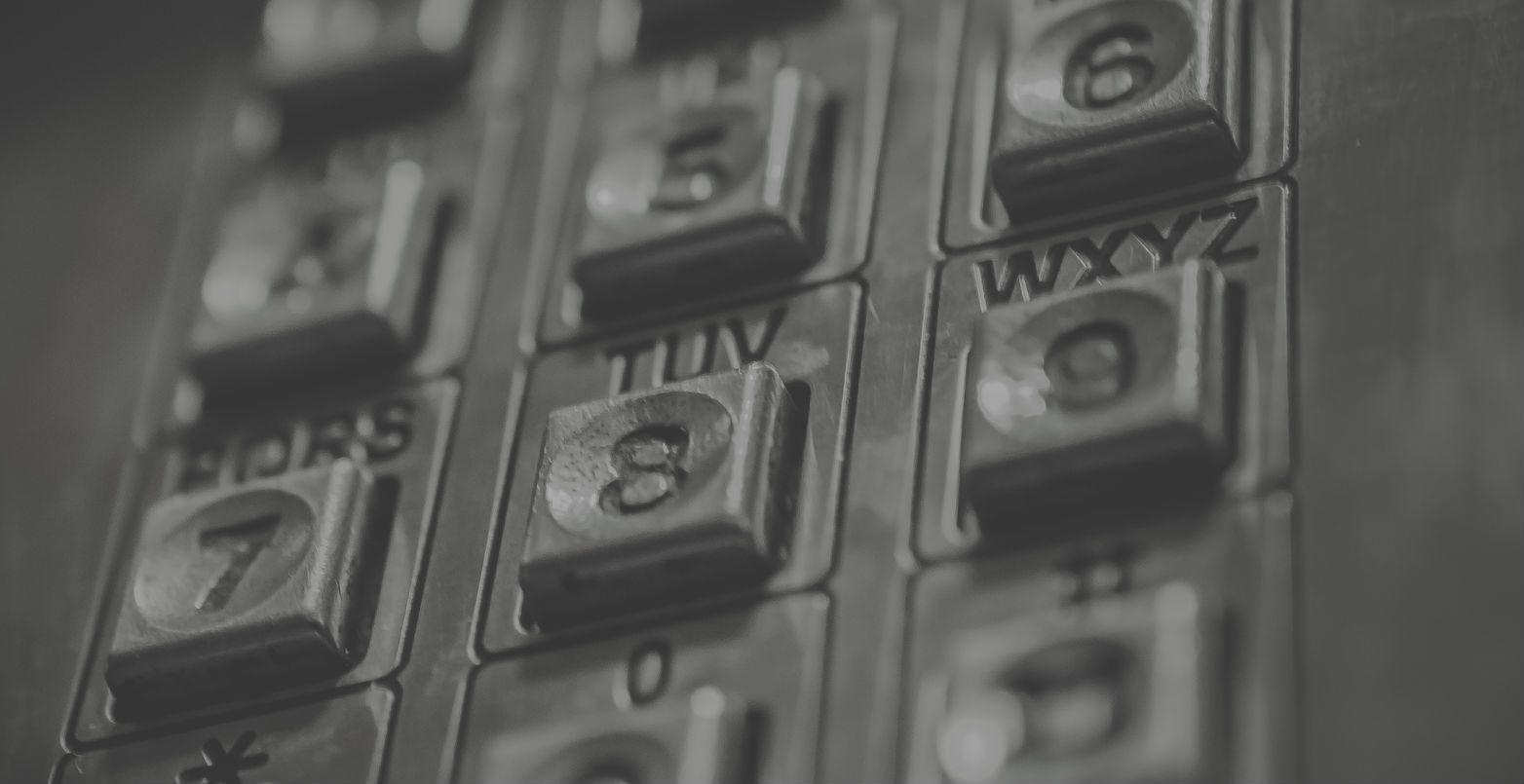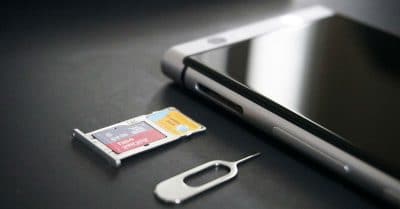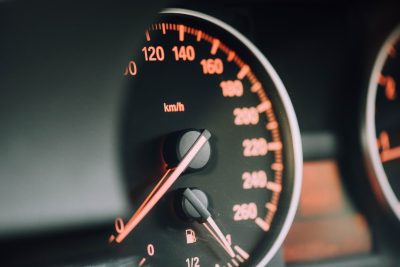All You Need to Know About Premium Number Calling from Mobiles
Most of us these days have a mobile calling tariff, which includes a set number of minutes that we're allowed to call each month. Call your mates and minutes are deducted from your account. That's all very well and good, but there are certain kinds of calls that aren't included in that monthly allowance. We're talking about premium rate calling numbers, and there are many reasons why you might want to call these. It used to be that you had no idea how much these numbers were going to cost you, but the law has changed, and there are now stricter rules about how much operators can charge. That's why today we're taking a look at premium calling and how much it will cost you, so you don't get any nasty phone bills!
Premium vs. Non-Geographic vs. Service Numbers
Before we get into actual cost, we need to make a few distinctions when it comes to terminology. Firstly, these numbers are all collectively known as “non-geographic” numbers. That simply means that they don't contain an area code that lets you know where in the UK you're calling. There are two kinds of non-geographic numbers, service numbers and premium numbers. Service numbers are the ones that you call to get, well, service. They might be for a bank, for customer service with a manufacturer, customer support for your computer, that kind of thing. Premium numbers are the more expensive of the two options, and these are often used for things like TV competitions (voting on the X Factor), for weather forecasts, as well as “adult” calls like dating or sex chat lines.
Is there a way you can know what kind of number you're calling? As a general rule, yes there is. A non-geographic number won't have an area code, so you won't know where you're calling, that's clue number one. A service number will usually start with 0800, 084, 087, or 03. A premium number will usually start with 0871, 0872, 0873, 09, or 118.
What the Law Says
In the past, you couldn't really know how much a non-geographic number would cost to call unless you were a BT customer. A TV advertisement, for example, would show a message that said “Calls cost Xp per minute from a BT landline. Calls may vary from other landlines and calls from mobiles may cost considerably more.” Not terribly helpful. Basically, if you were calling from a mobile you'd just have to wait until you got your bill, by which time it was a little too late.
Fortunately, OFCOM has stepped in and forced a change here, and all advertisements or customer service numbers must now contain a more detailed message. The price of non-geographic calling is now divided into two prices. Firstly, you will pay a “service charge,” which is a price per minute of calling. This price will vary by the phone number you're calling, but it won't matter whether you're calling from a landline or mobile or which operator you have, everyone will pay the same. Secondly, you will also pay an “access charge,” which is a one time amount you pay for each call (so it's not per minute) and is the price that your operator or phone company will charge for connecting the call. This price will depend on your operator or phone company.
So, to get that straight, when you make a call you'll pay a set amount that's determined by your phone company, plus an amount per minute of calling. The message you'll see on TV advertisements now will say “Calls cost Xp per minute, plus your phone company's access charge.”
So How Much Do I Actually Pay?
Let's look at some real figures then. Price per minute for calling varies a lot, and should clearly be shown on any advertisement or paperwork from the customer service department of the company you're calling. Service numbers generally don't get too high, you'll be looking at pence per minute, probably around 30p or so, though that DOES vary. Premium numbers get pricey, and fast. The most expensive premium numbers can go up to £3 per minute, and even the cheapest tend to be around 80p or so.
When it comes to access charges, that one-time fee for connecting the call, the amount will depend on your service provider. At the moment, the current charges for the major operators are as follows. With O2, Vodafone, and Three you'll pay 45p, though with EE you'll only pay 44p. If you're with Virgin you're looking at 36p (though a Virgin landline only costs 10.25p). BT Mobile is 30p (again, a BT landline access charge is a little cheaper at just 9.58p). Finally, giffgaff, TalkTalk, and Tesco Mobile will charge you 25p (though if you're lucky enough to have a TalkTalk landline it's only 5p).
And the Rest…
There are a few other things that you should know about calling prices for non-geographic numbers. The first of these is that there is a planned cap on access charges, but it has not yet come into effect. In the future, OFCOM wants to limit the maximum access charge a provider can bill you, though as of right now the operator can charge what they like.
Secondly, those 03 numbers, whilst definitely service numbers, are a bit of an exception. If you've got a mobile contract with a calling plan then 03 numbers will simply be deducted from your monthly calling minute limit, easy. If you're on Pay As You Go then 03 numbers will cost the same as your normal cost per calling minute, which depends on your operator and which plan or SIM card you went for.
Finally, “freephone” numbers which in the past were free to call from landlines but paid for mobile customers now actually live up to their name. You can call any freephone number from your mobile for zero cash.
Calling non-geographic numbers can be an easy way to send your mobile bill spiralling, but these changes to the law should make it more difficult for companies to fleece you out of your hard earned cash. However, the onus is still on you. It's up to you to know your operator's access charge, and it's up to you to note the price per minute and limit your calls accordingly. At least now though, you'll know how scary that bill is likely to look at the end of the month…




